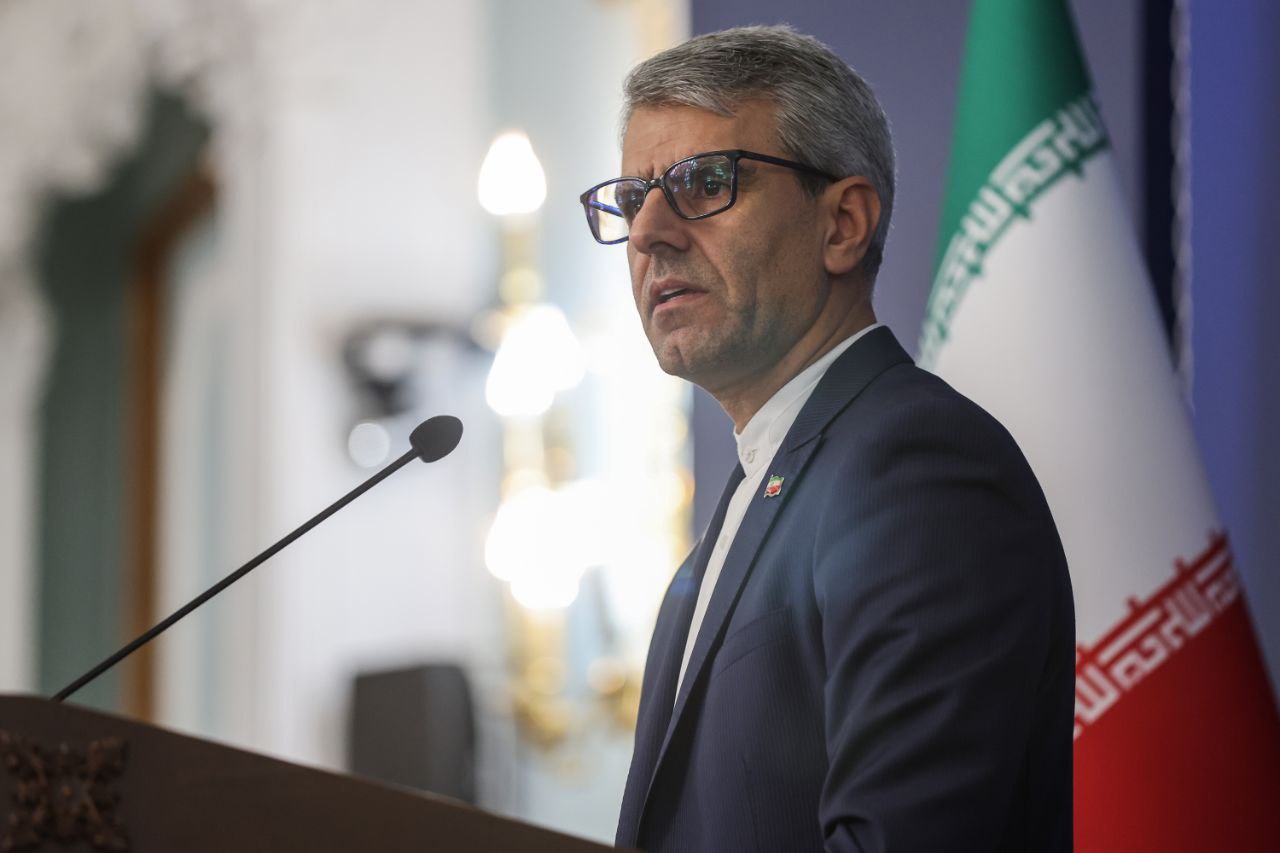BAKU, Azerbaijan, July 21. Iran will spare no effort to use all mechanisms to protect its rights, the spokesperson of Iran's Foreign Ministry, Esmail Baghaei, said at a press conference in Tehran on July 21, commenting on the meeting in Istanbul at the level of deputy foreign ministers of Iran and 3 European countries, Trend reports.
According to him, Iran will hold talks with three European countries (the UK, France, and Germany) at the level of deputy foreign ministers.
Baghaei noted that reports that Iran is accepting uranium enrichment below 1 percent do not reflect the truth.
“Regarding the timing of the introduction of the' Snapback 'mechanism” that provides for the restoration of UN Security Council sanctions, Iran's position in this regard remains unchanged. The implementation of the“ Snapback ” mechanism is a step that will not be justified. Iran, under the Comprehensive Joint Action Plan, has been reducing its commitments in stages in case the warring parties fail to fulfill their obligations. European countries did not even condemn the attack on Iran and directed the issue against it," he noted.
On January 16, 2016, the JCPOA came into force between Iran and the P5+1 group (US, Russia, China, the UK, France, and Germany) regarding Iran’s nuclear program. However, on May 8, 2018, the US withdrew from the Joint Comprehensive Plan of Action (JCPOA) between Iran and the 5+1 group (Russia, China, the UK, France, the US, and Germany) and imposed new sanctions on Iran starting from November 2018. In 2020, Iran announced that it would no longer be bound by restrictions outlined in the nuclear agreement.
The “snapback” mechanism is based on Articles 36 and 37 of the Joint Comprehensive Plan of Action (JCPOA). According to these provisions, if one party complains that another has violated the agreement and resolution efforts fail, the issue can be brought before the United Nations Security Council (UNSC). If the UNSC accepts the complaint, international sanctions against Iran can be reinstated, and the Security Council members may authorize military operations against Iran.
On the morning of June 13, Israel launched an airstrike against Iran. The strikes resulted in the deaths of a large number of high-ranking military officers, generals, nuclear scientists, and other senior officials.
On the evening of the same day, Iran responded to Israel with Operation Right Promise III: hundreds of ballistic missiles, drones were launched at many locations, including Tel Aviv, causing civilian casualties and widespread destruction.
The US launched military airstrikes against three Iranian nuclear facilities on June 22. It is noted that the airstrikes destroyed Iran's nuclear facilities.
On the evening of June 23, Iran launched airstrikes on a U.S. military base in Qatar.
On June 24, the Israeli Prime Minister's Office announced that the Israeli government, mediated by U.S. President Donald Trump, had agreed to a ceasefire with Iran.
Iran's Supreme National Security Council also issued a statement noting that the attacks had stopped.







